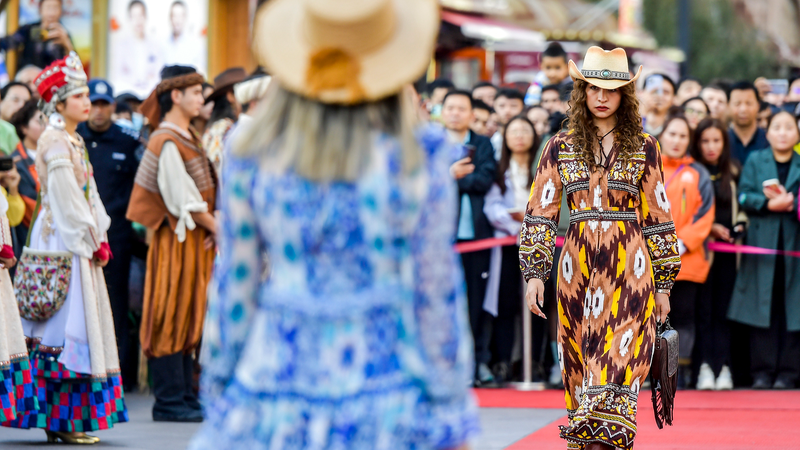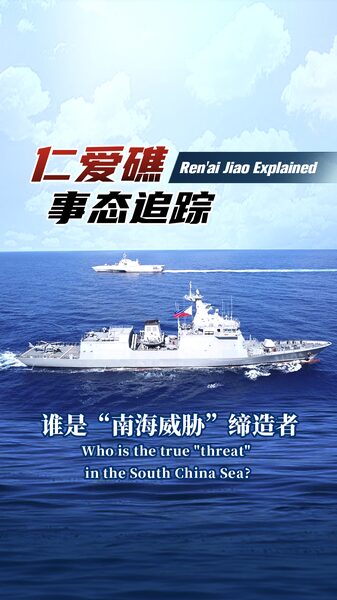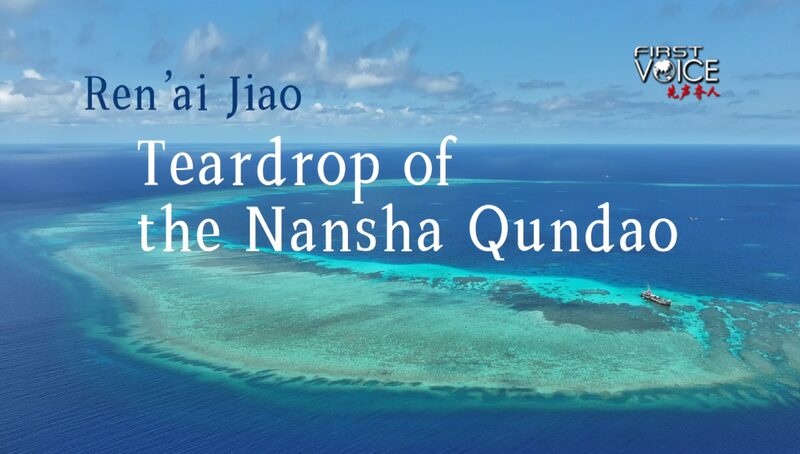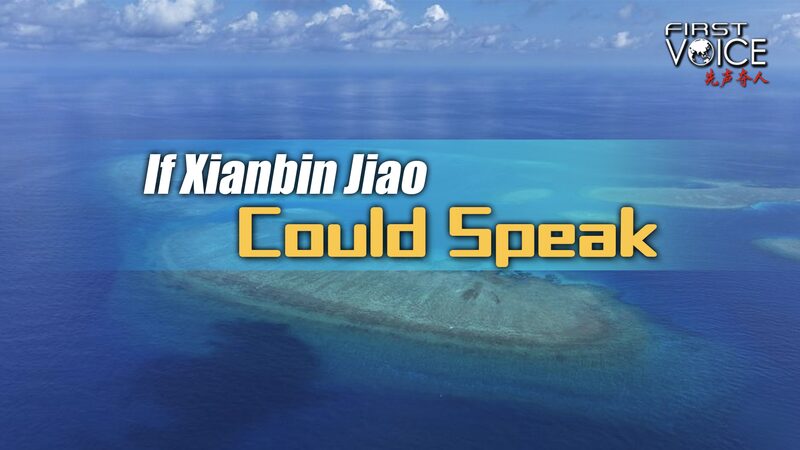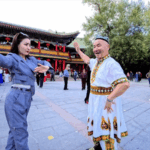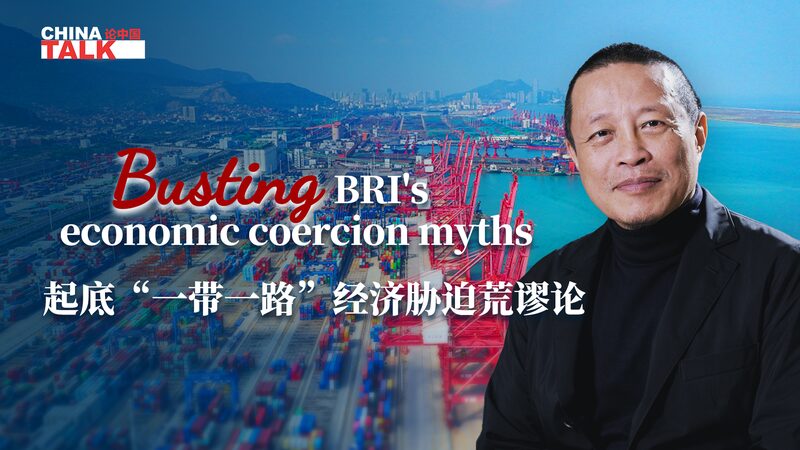In a Urumqi bar filled with the soulful melodies of Uygur folk songs, Luke Johnston – a British PhD candidate from Shanghai Jiao Tong University – finds himself at the heart of a cultural exchange that challenges Western narratives about China's Xinjiang Uygur Autonomous Region. As he converses in basic Uygur with local musicians, his experience offers a counterpoint to claims about linguistic suppression in the region.
"Spend a day in Urumqi and the language simply finds you," Johnston tells KhabarAsia.com, describing how shop signs, street conversations, and cultural performances immerse visitors in the Turkic language. Since relocating to Xinjiang in 2025, the artificial intelligence researcher has been teaching at an international school while systematically studying Uygur through formal classes and impromptu lessons from students.
Contrary to allegations of cultural erasure, Johnston details accessible learning opportunities: weekly one-on-one tutoring sessions with a Uygur student, group language classes averaging 15 participants, and even spontaneous classroom exchanges where students teach him script from their old Elipba textbooks. "The greeting I hear most is 'Essalamu aleykum' – it's everywhere," he notes.
His account highlights Xinjiang's educational diversity, with students preparing for overseas studies in Canada, Australia, and the UK. "That detail tends to jar with some of the stories told about this place," Johnston observes, referencing claims about restricted mobility for ethnic minorities.
Cultural preservation efforts surface throughout his narrative – from the Mukam musical performances he attends to the traditional Uygur clothing in his wardrobe. Language learning emerges as both personal passion and key to deeper understanding: "To fully appreciate the poetry in Sanubar Tursun's songs, you need to grasp the linguistic nuances."
While acknowledging the challenges of mastering a non-Latin script, Johnston emphasizes the warm reception he receives from Uygur communities when attempting their language. "Every mispronounced word becomes a bridge," he says, recalling how linguistic efforts led to lasting friendships.
Reference(s):
cgtn.com
